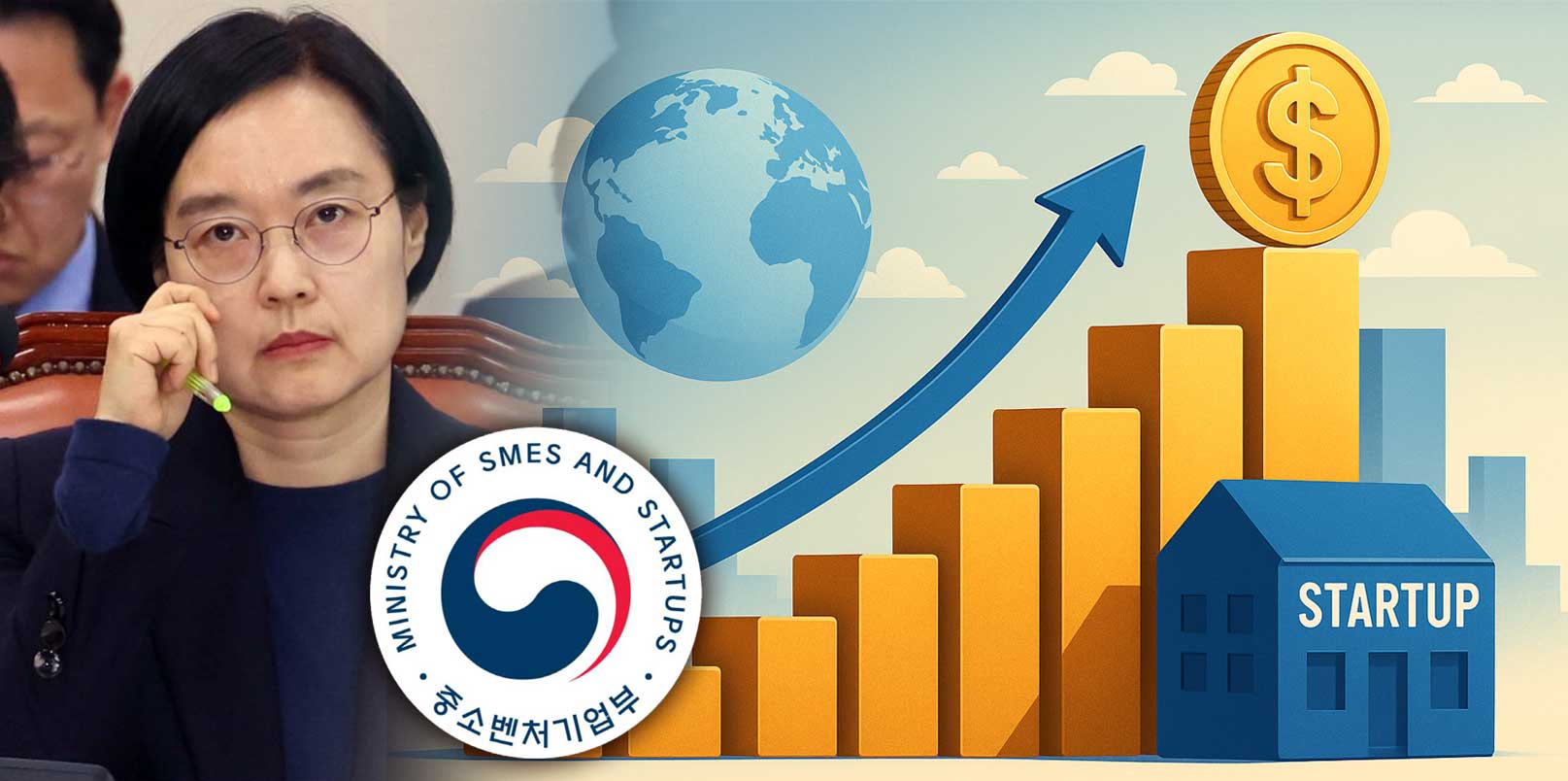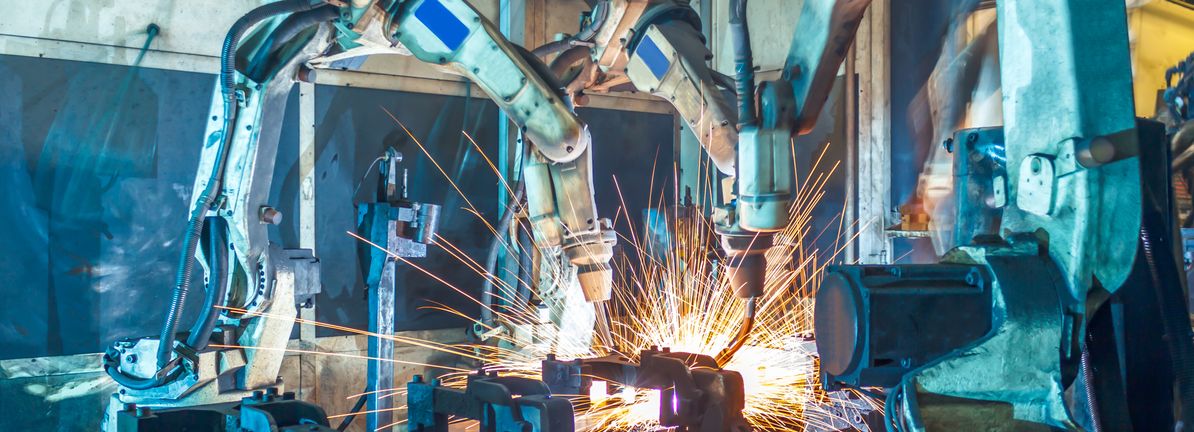Korea’s startup ecosystem has learned to grow fast — perhaps too fast. The past decade’s state-backed acceleration produced record valuations and bold ambitions, but now the cracks are showing. With venture capital tightens and policies shift toward select industries, the country now faces a deeper test: can its startups evolve from domestically inflated players into global innovators—but not just ones built for international competition but also survive with enough endurance?
Korean Startups Face Structural Limits at the Scale-Up Phase
A painful reckoning is currently growing in the venture ecosystem in South Korea, as growing numbers of once-promising startups, some valued in hundreds of billions of won, have collapsed during their scale-up phase.
This trend has brought industry observers to a broader structural problem in Korea’s excessive dependence on state subsidies, slow adaptation to market changes, and overreliance on short-term capital inflows rather than sustainable competitiveness.
Amid a global economic slowdown marked by high interest rates, inflation, and a strong dollar, many Korean startups are struggling to maintain growth momentum. That is why analysts believe that unless the ecosystem evolves from state-led expansion to market-driven sustainability, Korea risks losing another generation of innovators before they reach global maturity.
Overexpansion and the Capital Gap Between Growth and Profitability
Many scale-up stage failures stem from aggressive business expansion unsupported by follow-up funding. Startups that rapidly broadened operations without solid financing plans are now facing liquidity crises. Once cash flow dries up, their inflated cost structures quickly expose operational fragility.
Venture capital sentiment has also shifted. Investors are now turning away from late-stage ventures whose valuations peaked during Korea’s venture boom of the early 2020s. Instead, funding is gravitating toward AI and deep-tech startups at earlier stages, where potential growth outweighs inflated pricing.
Several once high-profile startups illustrate this shift. Balaan, the luxury e-commerce platform; Jeongyookgak, a meat e-commerce startup; and Watcha, the homegrown OTT service, have all entered court receivership following overextension and competitive pressure.
These collapses highlight the fragile middle ground between early growth and long-term viability — a phase Korea’s startup ecosystem has yet to master.
Policy Shifts and the Vanishing of Sector-Specific Momentum
Part of the turbulence reflects how Korea’s industrial policy has evolved.
Throughout the late 2010s and early 2020s, government funds flowed heavily into fintech, blockchain, and metaverse ventures, fueling rapid sectoral expansion. Today, those areas have largely lost policy support as attention — and investment — shift to AI and biotech.
This realignment has left many mid-stage startups stranded. Venture funds that once specialized in these earlier industries have either dissolved or redirected their focus, creating a vacuum in follow-on funding for firms outside the government’s current strategic spotlight.
The problem, insiders warn, is not the lack of capital but the instability of policy continuity. Without a consistent long-term strategy, promising sectors rise and fall with political cycles, leaving startups unable to plan sustainable global growth trajectories.
Industry Voices Call for “Selection and Concentration”
Critics say the era of blanket startup support must end. Korea’s past “scattershot” approach — distributing subsidies broadly across thousands of small startups — no longer fits the current globalized, winner-takes-most digital economy.
Former Korea Venture Capital Association (KVCA) Chairman Yoon Geon-soo, now CEO of DSC Investment, argues that supporting a smaller pool of high-potential companies could generate greater national returns,
“It’s not unusual globally for startups to fail at the scale-up stage. The key is for the government to identify and continuously support companies with strong growth potential, giving them a foundation to become world-class leaders.”
Industry experts point to Naver as a successful example of concentrated support: a company that scaled domestically, then diversified into fintech, e-commerce, and content, creating thousands of indirect jobs through its partner ecosystem.
It shows clear implication that Korea’s next growth wave requires cultivating global-first champions, not subsidized local giants.
The Scale-Up “Death Valley”: Global Ambition Must Replace Domestic Saturation
The current wave of collapses underscores an inflection point for Korea’s startup ecosystem. It has proven capable of producing high valuations and rapid growth — but not yet of sustaining global competitiveness.
That is why moving forward, South Korea’s innovation policy must begin to focus on:
- Building export-oriented, globally scalable startups from inception.
- Ensuring policy consistency across successive administrations.
- Channeling public venture capital into sustainable, long-horizon deep-tech sectors.
Eventually, Korea’s scale-up “Death Valley” has become a crucial lesson that investors and founders must closely pay attention. Because at the end of the day, to survive in this arduous scale-up process, it requires not only capital but also global vision and operational discipline.
That is why Korea’s next challenge is no longer about producing more startups — it is about ensuring that the best of them can thrive without state dependency and compete globally on their own terms.
– Stay Ahead in Korea’s Startup Scene –
Get real-time insights, funding updates, and policy shifts shaping Korea’s innovation ecosystem.
➡️ Follow KoreaTechDesk on LinkedIn, X (Twitter), Threads, Bluesky, Telegram, Facebook, and WhatsApp Channel.








